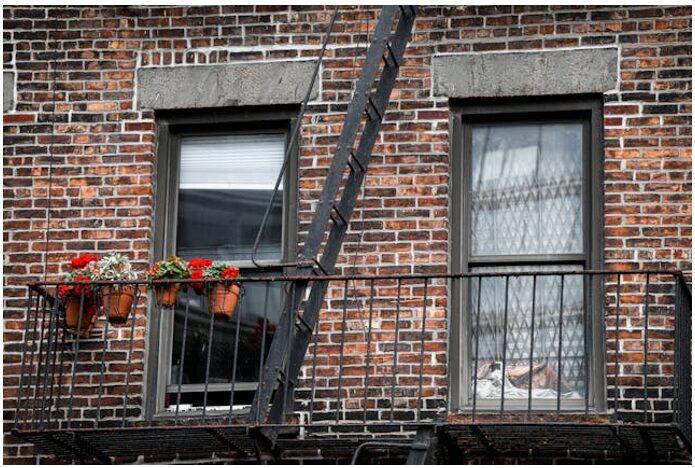New York City will invest $130 million to reform its criminal justice system by expanding access to public health services for mentally ill inmates.
“For years, the criminal justice has been the default for dealing with behavioral and mental health issues, but that approach alone does not best serve public health or public safety,” New York City Mayor Bill de Blasio said in a statement. “This comprehensive plan to identify and divert individuals out of the criminal justice system and connect them with treatment and services to address their underlying issues will mean not only safer streets, but stronger neighborhoods and healthier people.”
Although violent crimes in the city are at a historic low and overall crime rates have dropped in the last 20 years, the number of inmates with behavioral or mental health problems remains continues to rise. Currently, nearly 40 percent of the city’s inmates have some sort of mental illness.
Blasio’s administration announced the initiative on Monday, Dec. 1, which aims to focus on treatment for those who commit minor crimes instead of punishment.
Under the plan, there would be an expansion in mental health screenings for individuals prior to arraignment, so as to provide a possible pathway to treatment programs instead of getting arrested.
Community services would also accommodate an additional 4,100 inmates released from prisons with mental health issues.
There would also be an increase in supervised pretrial programs for those who commit minor crimes, which can currently serve 1,100 individuals. This number would rise to 3,400.
The mayor is looking to maintain its efforts in policing lower level crimes while keeping those offenders out of prison, according to The New York Times.
Another goal is to deal with re-entry inmates. The mayor’s administration reported that 400 individuals have been admitted to jail at least 18 times in the last five years, accounting for more than 10,000 admissions into prison.
“We see these frequent fliers, people who commit relatively small low level offenses, cycling through the system over and over and over again,” Elizabeth Glazer, de Blasio’s criminal justice coordinator, told the Times. “And the question is, how do we stop that? Clearly what we’re doing now is not all that effective.”
Of these inmates, 99 percent suffered from substance abuse, 67 percent had “a mental health need” and 21 percent were severely mentally ill.
Funding for the project will come from two sources: $90 million from tax revenues and $40 million from asset forfeiture funds contributed by the District Attorney of Manhattan.
However, because such an attempt to implement such a comprehensive program has not yet been done before, it is possible that the $130 million allocated for the project may not be enough.
“Until you try these initiatives, it’s hard to know exactly what kind of investment will be needed,” Jim Parsons, research director of the Vera Institute of Justice, told the Times.
The announcement of this initiative follows an incident earlier this year involving a homeless, mentally ill veteran who was imprisoned for trespassing. Jerome Murdough, a 56-year-old former Marine, was schizophrenic and suffered from substance abuse.
After being left unattended to for hours, Murdough was found dead in his cell at Rikers Island, which had risen to a temperature of more than 100 degrees Fahrenheit.
Reports showed that Murdough had essentially ‘baked to death,’ which drew attention to the living conditions of mentally ill inmates in New York City prisons.
(With reports from RT and The New York Times)
(www.asianjournal.com)
(NYNJ December 5-11, 2014 Sec. A pg.1)





